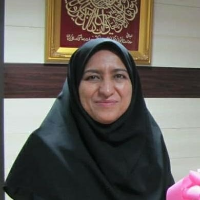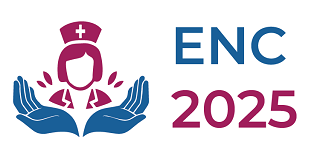2nd Euro
Nursing Congress
September 15-16, 2025 | Online
ENC 2025

Iran University of medical sciences, Iran
Abstract:
Nursing education is a complex and dynamic process that involves the acquisition and application of knowledge, skills, attitudes, and values that are essential for professional practice. Nursing education also requires the integration of theory and practice, the adaptation to diverse contexts and situations, and the continuous reflection and improvement of one's learning and performance. To support these processes, nursing education can benefit from the use of innovative technologies that can enhance the quality and effectiveness of teaching and learning. Artificial intelligence (AI) is a technology that can perform tasks that normally require human intelligence, such as reasoning, learning, decision-making, and problem-solving. AI has been applied to various fields and domains, including education. In particular, AI has the potential to support nursing education, as it can provide personalized and adaptive learning experiences, facilitate collaboration and communication, and enhance data analysis and feedback. However, while AI offers many opportunities for nursing education, it also poses many challenges, especially for developing countries. These challenges include the lack of infrastructure, resources, skills, and policies that are needed to implement and sustain AI in nursing education. This article aims to explore some of these challenges and suggest some possible solutions.
Biography:
Leili Borimnejad is a Professor in Nursing Education. She also studied "e-learning in medical education" and "Evaluation" at Shahid Beheshti University School of Medical Education. She is the director of WHOCC for Education and Research in Nursing and Midwifery. She has published more than 120 papers in reputed journals and has been serving as an editorial board member of several journals. She has more than 20 years of education and research experience at Iran University of Medical Sciences. Her research interests include nursing education, e-learning, evaluation, and quality improvement.
